Team Melli maintained the same ranking both in the World and in Asia in the latest FIFA Ranking for July 2016.
Iran Climbed remained 39th in the world , while staying as Number 1 in Asia.
in the monthly published ranking , Iran which had no matches last month accumulated a total of 674 down from the previous month of 688. However , that was still comfortably higher than the second place and its closest rival South Korea with 592 points while Uzbekistan (569) narrowly overleaps Japan (564) in third place.
In addition to South Korea and Uzbekistan Iran’s opponents in the World Cup qualifiers group are ranked as Follows: Qatar (79) followed by China (81) and Syria (104).
FIFA ranking
July 2016
| Asia | World Rank | Team | Total Points | Previous Points | +/- |
|---|---|---|---|---|---|
| [1] | 39 |  Iran Iran |
674 | 688 | 0 |
| [2] | 48 |  Korea Republic Korea Republic |
592 | 591 | 2 |
| [3] | 56 |  Uzbekistan Uzbekistan |
569 | 544 | 10 |
| [4] | 57 |  Japan Japan |
564 | 581 | -4 |
| [5] | 59 |  Australia Australia |
555 | 663 | 0 |
| [6] | 65 |  Saudi Arabia Saudi Arabia |
540 | 545 | 0 |
| [7] | 74 |  United Arab Emirates United Arab Emirates |
484 | 517 | -4 |
| [8] | 78 |  Jordan Jordan |
438 | 434 | 2 |
| [9] | 79 |
 Qatar Qatar |
425 | 407 | 5 |
| [10] | 81 |  China PR China PR |
422 | 423 | 0 |

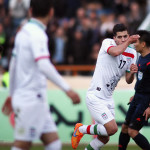
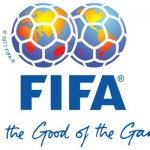



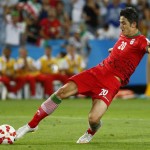




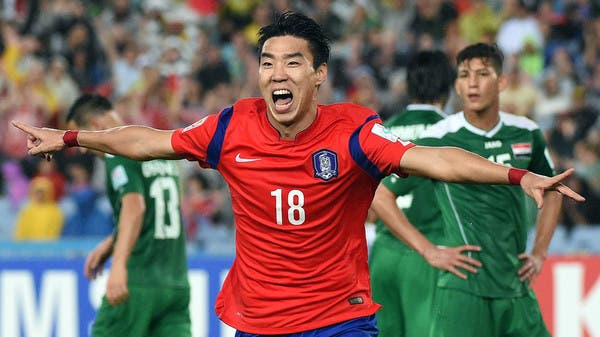
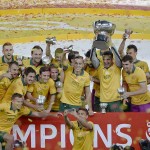


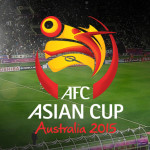
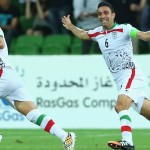
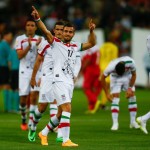




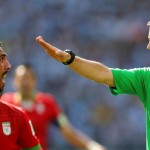

 Quick on the ball: Attacking midfielder Ashkan Dejagah will be a threat in Group C for Iran.
Quick on the ball: Attacking midfielder Ashkan Dejagah will be a threat in Group C for Iran.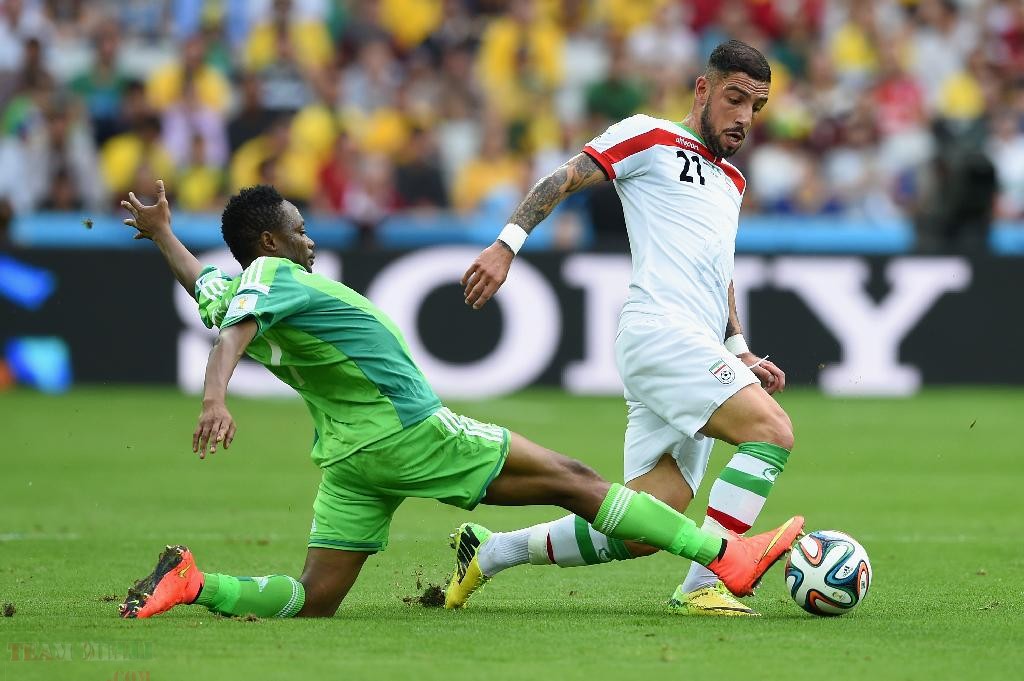




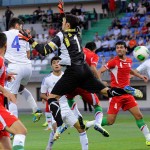
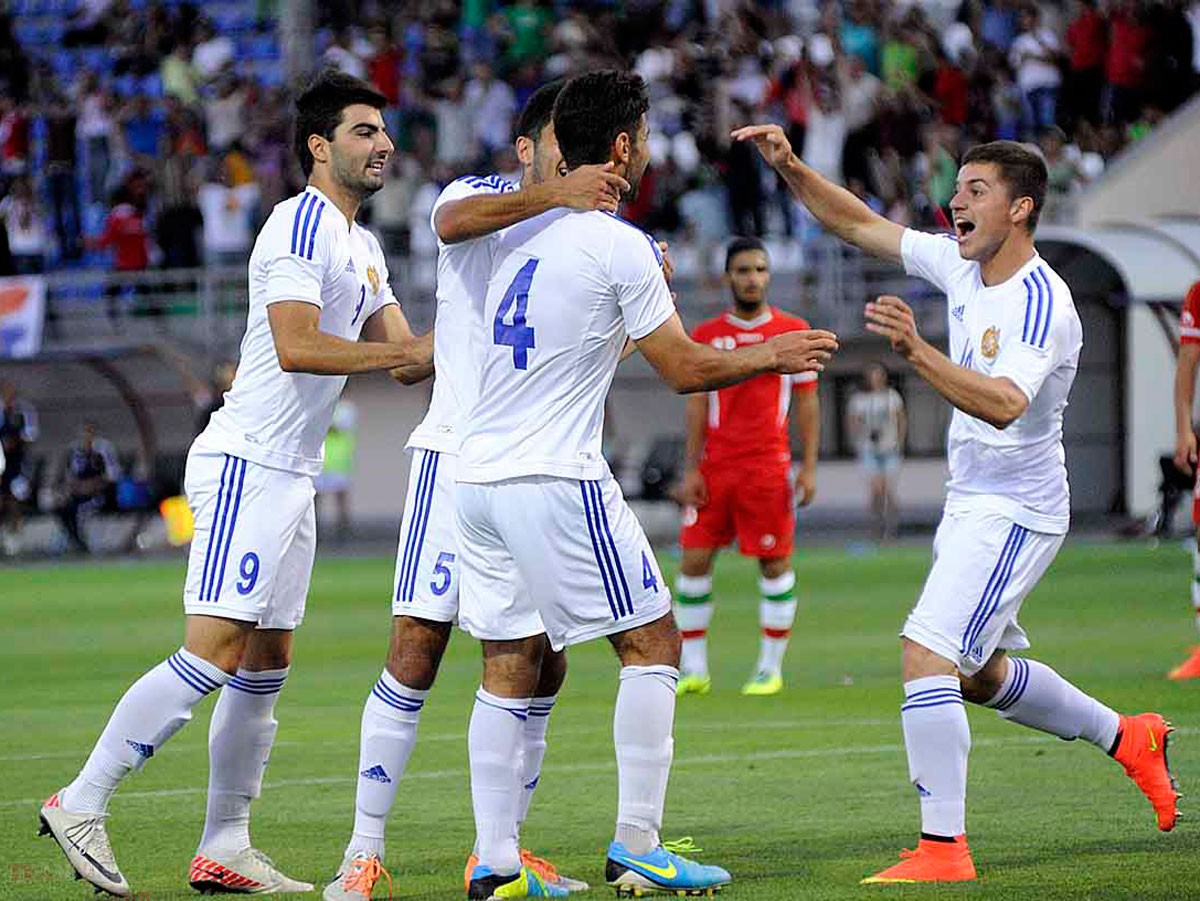
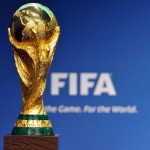
.jpg) A European team has never won the World Cup when in South America. An Asian team has never actually won a game on the soccer-crazy continent ― although 1978 was the last time the tournament was held there.
A European team has never won the World Cup when in South America. An Asian team has never actually won a game on the soccer-crazy continent ― although 1978 was the last time the tournament was held there. .jpg) Coached by respected Italian tactician Alberto Zaccheroni, Japan’s attack has been scoring plenty of late. In June, it scored a 3-1 win over Costa Rica, and then beat Zambia 4-3. However, as the scores suggest, Japan is not quite as strong at the back, but should have the talent to get at least into the second round.
Coached by respected Italian tactician Alberto Zaccheroni, Japan’s attack has been scoring plenty of late. In June, it scored a 3-1 win over Costa Rica, and then beat Zambia 4-3. However, as the scores suggest, Japan is not quite as strong at the back, but should have the talent to get at least into the second round..jpg)